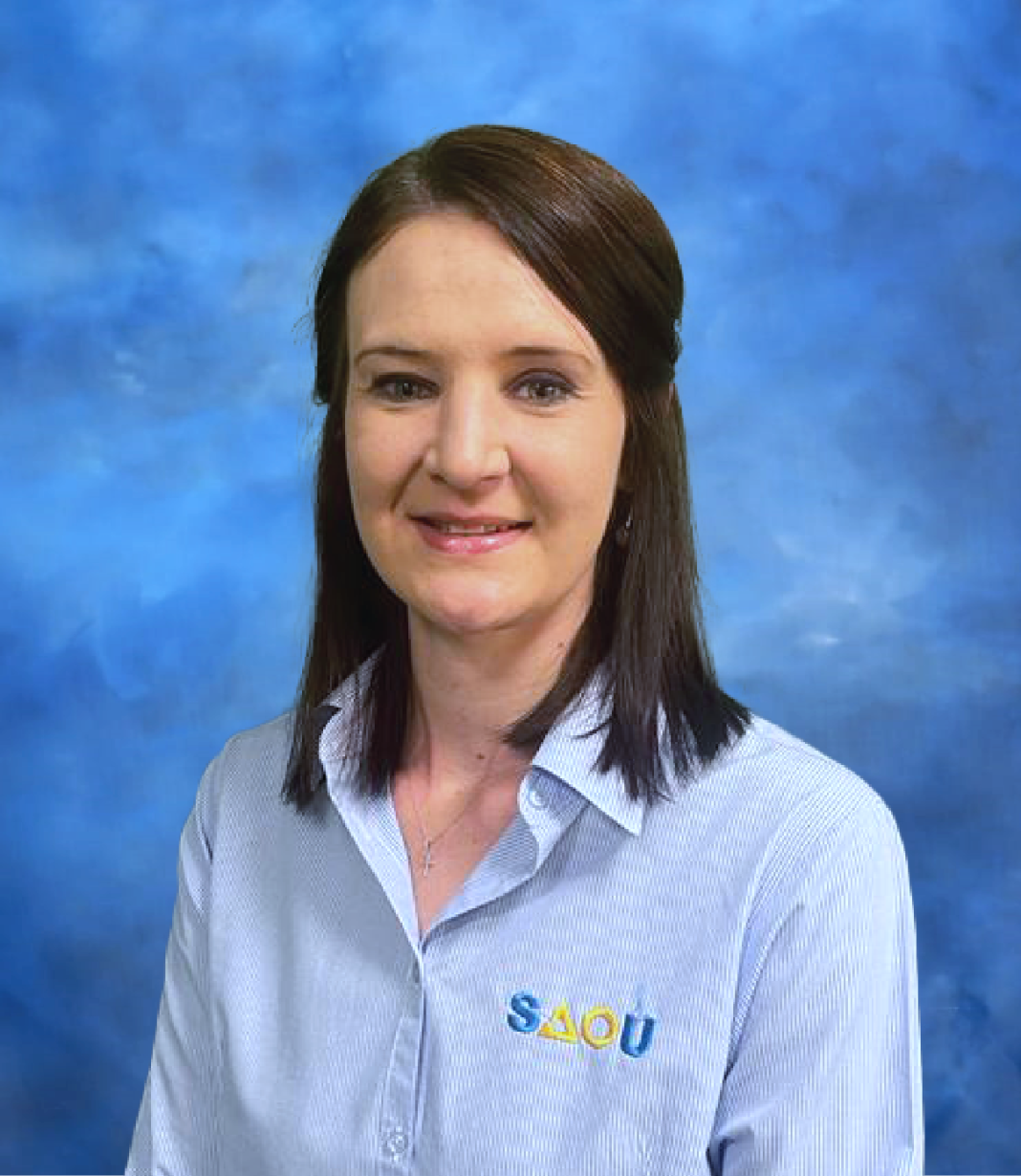By Willemien Strydom
The jump that a Grade 7 learner takes from primary school to Grade 8 in the high school system has a tremendous impact on your child and on you, as a parent. The change especially, affects your logistical arrangements and existing routines.
The typical Grade 7 learner has become accustomed to being one of the “seniors” of their primary school over the period of his/her primary school career: concessions are granted to them and certain responsibilities are fulfilled by them. These learners have grown and developed in a predictable system. They know the routine, they know what the average school day entails, and they know the teachers and what is expected of them. They are familiar with the learning content and know what to expect from assessments and exams/test series. In the process, their self-image and identity get the necessary boost to cope with the outside world.
During the last few months of their Grade 7 year, they attend high school open days, registrations are made, and admission letters are issued to welcome learners to the chosen schools. The process is accompanied by a multitude of circulars and orientation booklets containing everything they want/need to know about their new school – from the school song, vision and mission, to school clothes, school rules and complicated maps and graphics of the new school’s buildings and layout.
For your Grade 7 child, this may mean great stress.
It is important for you as a parent to remember that change is not easy. How much more so then for a child of 12 or 13? Some children handle change better than others.
In the meantime, start preparing your child for high school in an informal way. He or she needs to know that it is normal to feel a little scared and that you, as a parent, will be there to offer support. Talk to your child about what is included in the information received from the school – its orientation programme, the purchase of new school clothes/supplies etc. It is important that you empower your child so that he or she has a sense of knowing what to expect and looks forward to the new experience with excited anticipation.
Going to high school comes with new responsibilities for learners. Chat with your child about what this entails.
The pace of a high school programme is significantly different from what your child experienced at primary school level. High school learners themselves must remember about activities at school, especially where you as a parent will most likely not always receive formal notices about these matters from the school. Invest in a good diary / notebook for your child. An increase in the amount of homework and workload is very challenging for Grade 8 learners. Encourage your child to cultivate the habit of writing down homework, tasks and dates in time because the information is usually only communicated in class.
The school’s orientation programme in the first few weeks is usually full of activities that include initiation camps, day camps, auditions, sports heats and generally raising school spirit. Make sure your child gets enough sleep. Ensure that your child follows a balanced diet during this adjustment period, to ensure that energy levels are maintained throughout the day. Also consider a vitamin supplement and sunscreen.
The social adaptation usually presents our children with the greatest challenges. They are suddenly overwhelmed by unfamiliar and new friends and greater competition on a number of fronts both in and outside of the classroom. Prepare your child for that; it is what happens in life. Make time to listen to your child. High school is an important time in the life of a teenager.
Finally, as a parent, you are strongly advised to be involved in your child’s school – especially at the beginning of their high school career. Attend parents’ night to meet teachers and other parents. These people become your support team for the next 5 years. It is also important for your child to see that you are actively involved in school matters.
Strydom is the SAOU Professional Advisor: Independent Schools & ELSEN.
INSIDE EDUCATION










